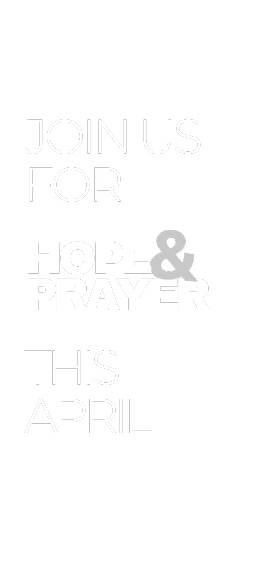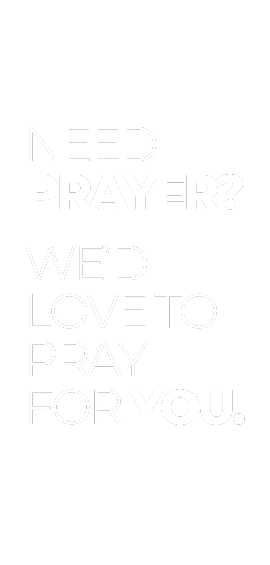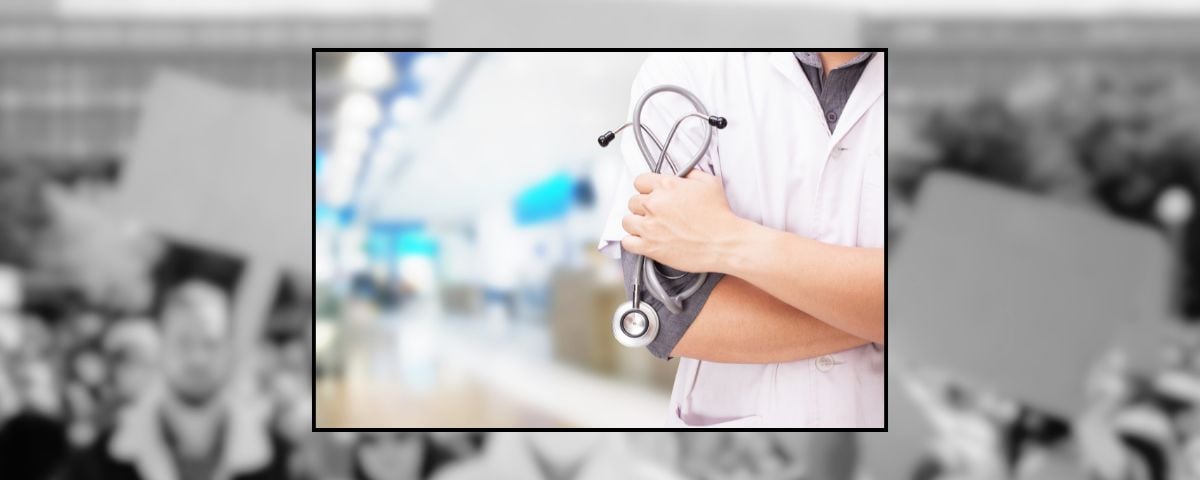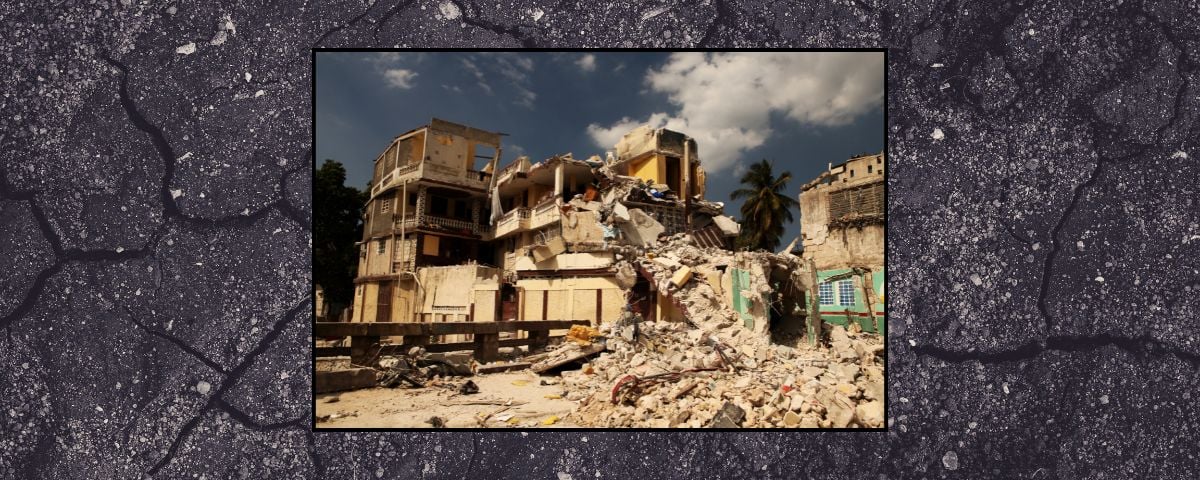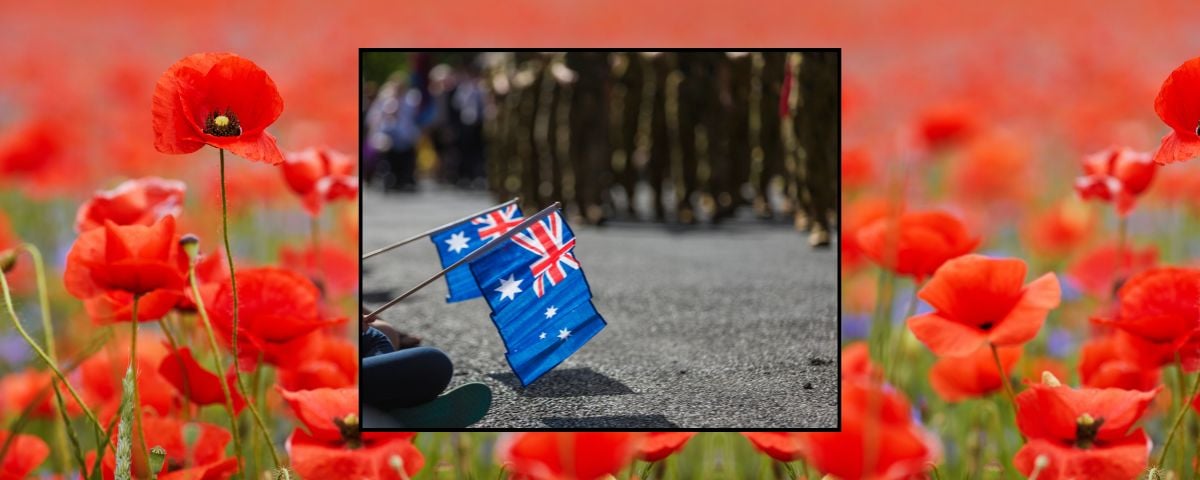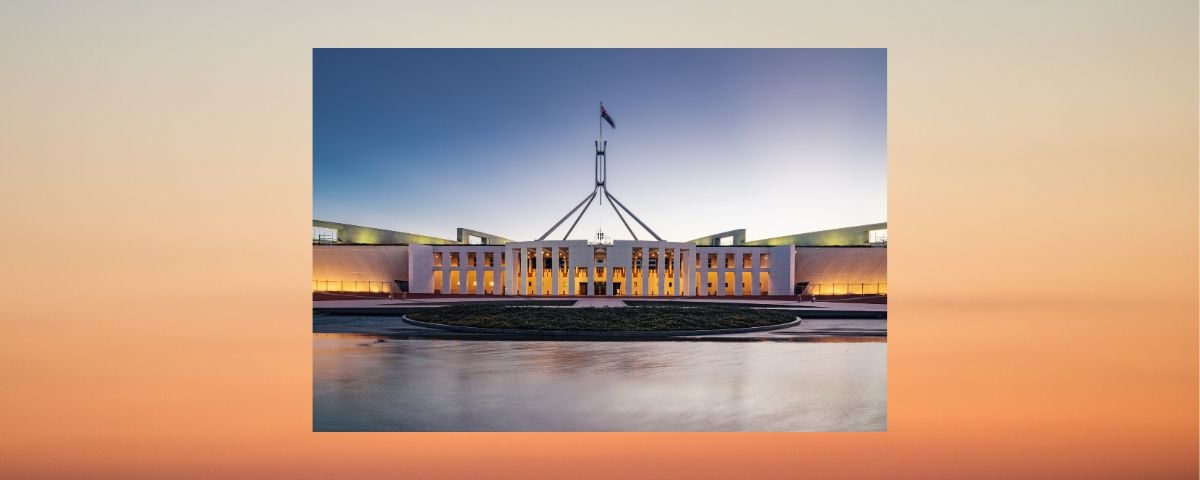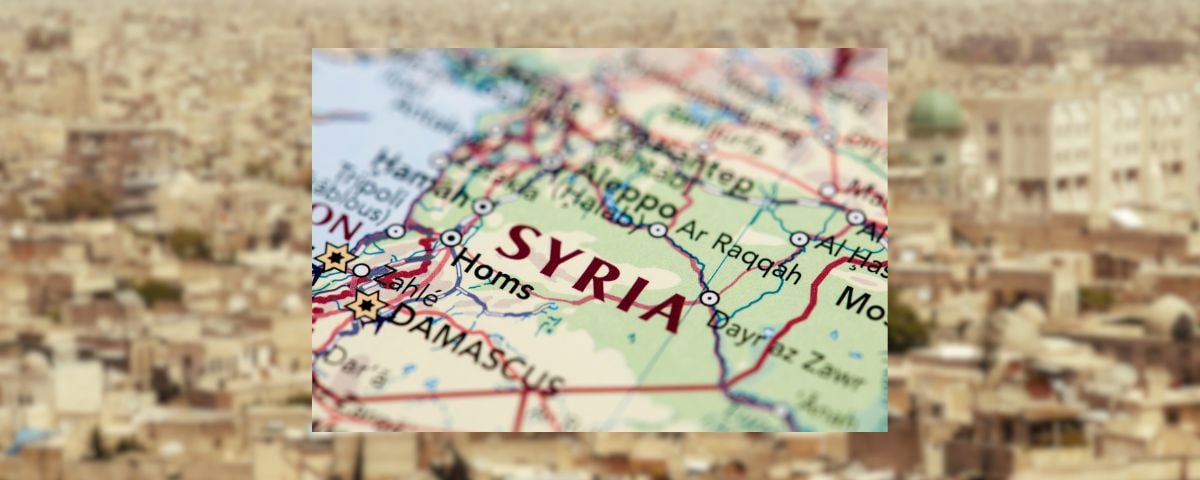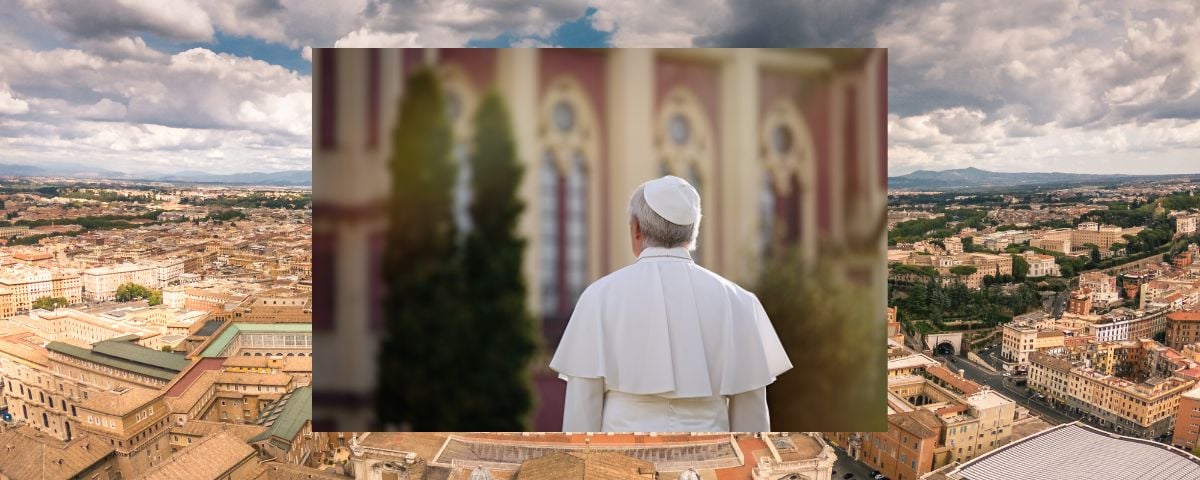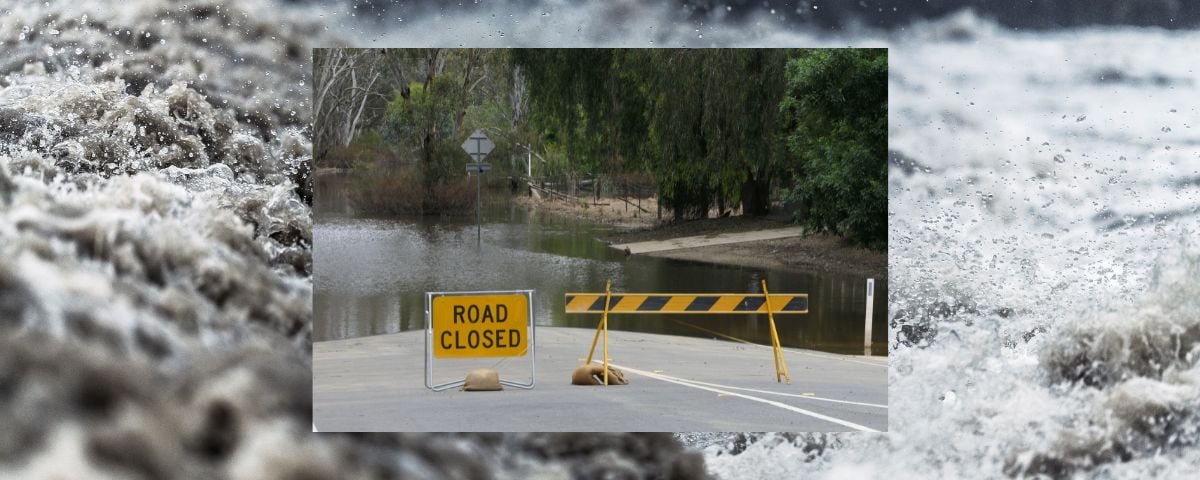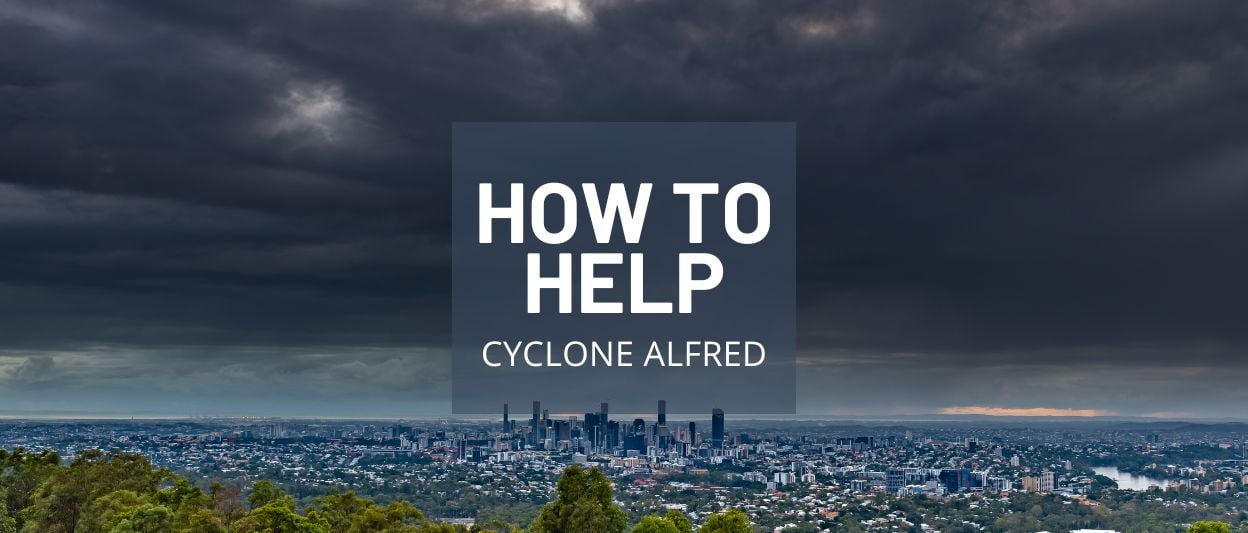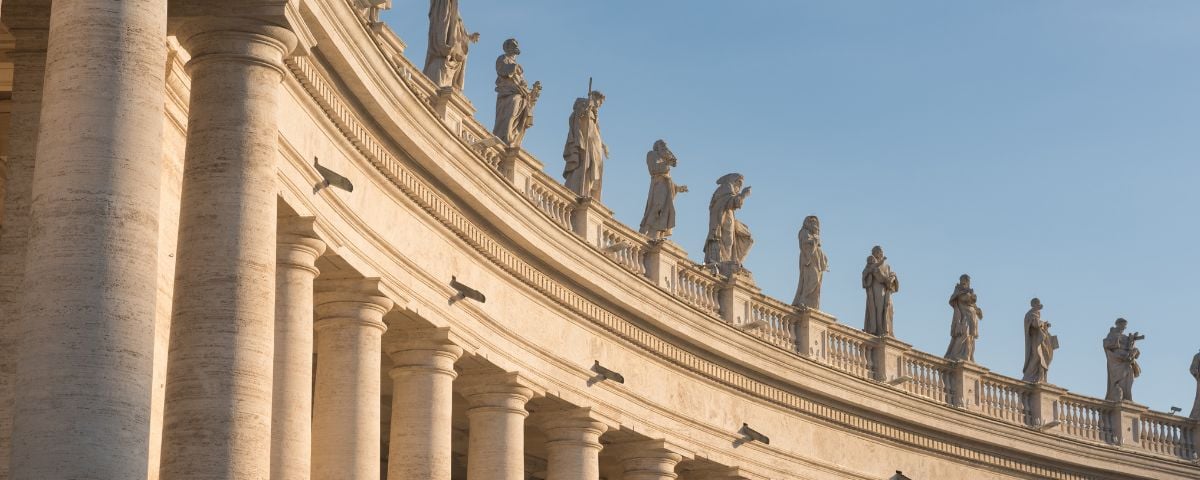A three-day, statewide doctors’ strike has begun in New South Wales, causing major disruptions in hospitals and raising serious concerns for patients.
Top points:
- From Tuesday morning April 8 until late Thursday night April 10, thousands of public hospital doctors are walking off the job in a coordinated strike.
- Doctors are still staffing emergency departments, ICUs, and hospital wards, but on a “public holiday” roster.
- If you need advice, treatment or care and it is not a life-threatening emergency, call HealthDirect on 1800 022 222.
Here’s an outline of what’s happening, and what to do if you’re impacted.
From Tuesday morning April 8 until late Thursday night April 10, thousands of public hospital doctors are walking off the job in a coordinated strike.
As expected, many non-urgent services are operating at reduced capacity, while some elective surgeries and specialist appointments have been postponed.
Doctors are still staffing emergency departments, ICUs, and hospital wards, but on a “public holiday” roster, with fewer staff and longer wait times expected.
From 8-10 April, thousands of public hospital doctors are participating in a coordinated strike.
The Australian Salaried Medical Officers Federation (ASMOF), which represents hospital doctors, says the action is necessary to push for safer working hours and better staffing, after months of stalled negotiations.
“Preparations are now urgently underway to manage impact on our patients,” said Ryan Park, NSW Minister for Health in a press release.
“Patients with surgeries postponed will be contacted.”
Hope 103.2 is proudly supported by
How to get help
If you’re affected by the strike, don’t panic – essential services remain available, but you may need to take extra steps to get the care you need.
For Emergencies:
Call Triple Zero (000) or go directly to your nearest hospital emergency department.
Doctors are still working in critical care, trauma, and emergency rooms.
Be prepared for longer wait times, especially if your case is not life-threatening.
Doctors are still staffing emergency departments, ICUs, and hospital wards, but on a “public holiday” roster
For Medical Advice:
“We remind the community that if you need advice, treatment or care and it is not a life-threatening emergency, HealthDirect should be your first call on 1800 022 222,” Mr Park said.
HealthDirect is a free, 24/7 Government-run health advice line staffed by registered nurses who can help you assess symptoms, offer next steps, or connect you to local services.
For General Health Needs:
See your family GP or local medical centre for any non-urgent issues.
Many GPs offer after-hours or telehealth appointments.
The advice is, book early, as demand on local medical centres may rise during the strike.
If You Have a Hospital Appointment or Procedure Booking:
NSW Health is contacting impacted patients directly to advise them of any cancellations.
Here’s the good news: if you haven’t been contacted, assume your appointment is still going ahead.
If in doubt, call your hospital’s patient enquiries line.
For non-emergency advice, treatment or care, call HealthDirect on 1800 022 222.
For Prescriptions and Medications:
Pharmacies and chemists remain open and unaffected by the strike.
If you need a repeat prescription urgently, your GP or a telehealth doctor can assist you.
Why are doctors striking?
According to the Doctors Union (ASMOF), doctors are striking in response to chronic doctor shortages across NSW hospitals; unsafe hours, including widespread 16-hour back-to-back shifts; fatigue and burnout, leading to staff resignations; poor retention, with NSW doctors leaving for significantly better conditions interstate; and lack of genuine negotiation.
“Doctors across this state are working 16-hour shifts, day after day, with little rest and no end in sight,” said ASMOF President Dr Nicholas Spooner said in a statement.
“They are exhausted, they are leaving, and they are not being replaced.
“Doctors take no joy in going on strike. We want to be at work, caring for our patients, but the system is not safe.”
ASMOF is demanding enforceable rest periods, limits on back-to-back shifts, and more investment in hospital staffing.
The NSW Government has offered a wage increase but says negotiations should happen in the Industrial Relations Commission (IRC), not on the picket line.
Mr Park has condemned the strike.
“It is inexplicable ASMOF would actively choose to jeopardise patient safety over resolving its claim in the IRC,” he said but assured the public that emergency care will continue.
Feature image: photos by CanvaPro
Get daily encouragement delivered straight to your inbox
Writers from our Real Hope community offer valuable wisdom and insights based on their own experiences!
Subscribe + stay connected with all
our latest stories
Hope 103.2 is proudly supported by

